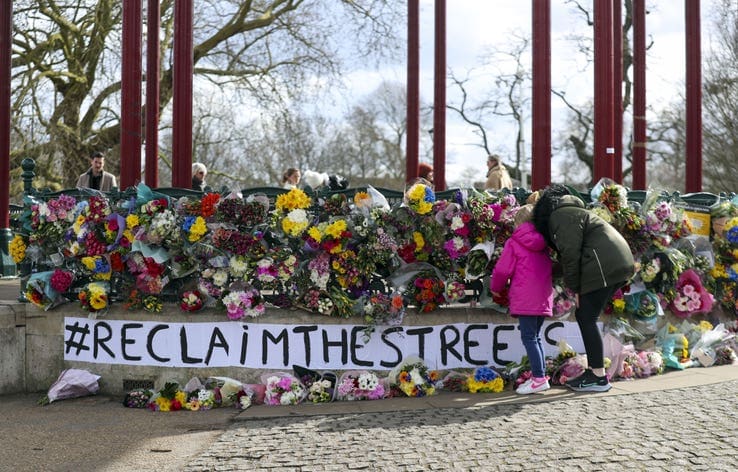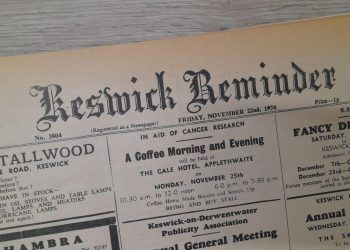
A fraction of rape investigations in Cumbria resulted in someone being charged last year, new figures reveal.
It comes as the Government launches a new strategy aimed at tackling violence against women and girls, which includes a focus on prevention and improving the criminal justice response to offences that disproportionately affect women, such as rape and harassment.
A consultation into the plan was reopened following the kidnap, rape and murder of Sarah Everard in London earlier this year, which reignited a national debate around women’s safety.
The new strategy is published against a backdrop of poor conviction rates for rape nationally, despite the number of reported incidents on the rise.
Home Office figures reveal Cumbria Constabulary concluded 412 rape investigations, where the alleged victim was female, in the year to March – but only 19 (five per cent) resulted in a charge or summons.
The force dropped 333 investigations (81 per cent) due to difficulties gathering evidence and 39 cases (nine per cent) because a suspect could not be identified.
Low charge rates are seen across reports of sexual offences as a whole – Cumbria Constabulary charged a suspect in a sex offence case 127 times in 2020-21, equating to just 10 per cent investigations closed over the period.
Although these figures include offences against both men and women, separate data from the Office for National Statistics shows that in the majority of recorded sexual offences nationally, the victim is female.
Prime Minister Boris Johnson recently apologised to rape victims across the country for the trauma and delays they have faced in securing justice, as the Government published its end-to-end rape review to tackle a decreasing conviction rate.
The review sought to identify why victims withdraw from the criminal justice process, why prosecutions have collapsed and the impact on victims.
The Victim’s Commissioner Vera Baird slammed the shameful record, which she branded a “decriminalisation of rape”.
Across England and Wales, 2,742 rape reports to police forces by women ended with a suspect being charged or summoned to court in 2020-21 – just 5.3 per cent of the 51,667 investigations assigned an outcome last year.
The measures set to be introduced by the Government’s VAWG strategy include a 24/7 rape and sexual assault helpline, a review of the management of registered sex offenders and a £5 million Safety of Women at Night fund.
The Government has also said it will not rule out making public street harassment, such as wolf whistling and cat-calling, a specific crime.
The Home Office figures show few harassment crimes reported to Cumbria Constabulary resulted in a charge or summons last year – 186 (seven per cent) of 2,540 concluded investigations.
That was largely in line with the average across England and Wales, where just 6.5 per cent of harassment investigations saw someone charged or summoned to court.
These figures include all types of harassment incidents reported by men and women, including any that may have occurred online.
Charity Victim Support said only a societal change will end crimes against women.
Rachel Almeida said: “It is vital there is a shift from the victim blaming culture and poor police treatment for victims that has contributed to dismal justice outcomes for the majority of survivors.
“Much more needs to be done to address the epidemic of offending against women and girls.”
Maya Tutton, who founded the campaign Our Streets Now with her younger sister Gemma, to end public sexual harassment, said including the crime in the strategy was a “massive wake-up call” to society about the scale of the problem.
“Every day that goes by with action not being taken sees another young girl being harassed in the street,” she said.
Home Secretary Priti Patel said: “I am determined to give the police the powers they need to crack down on perpetrators and carry out their duties to protect the public whilst providing victims with the care and support they deserve.”
She added the strategy would deliver real and lasting change.








